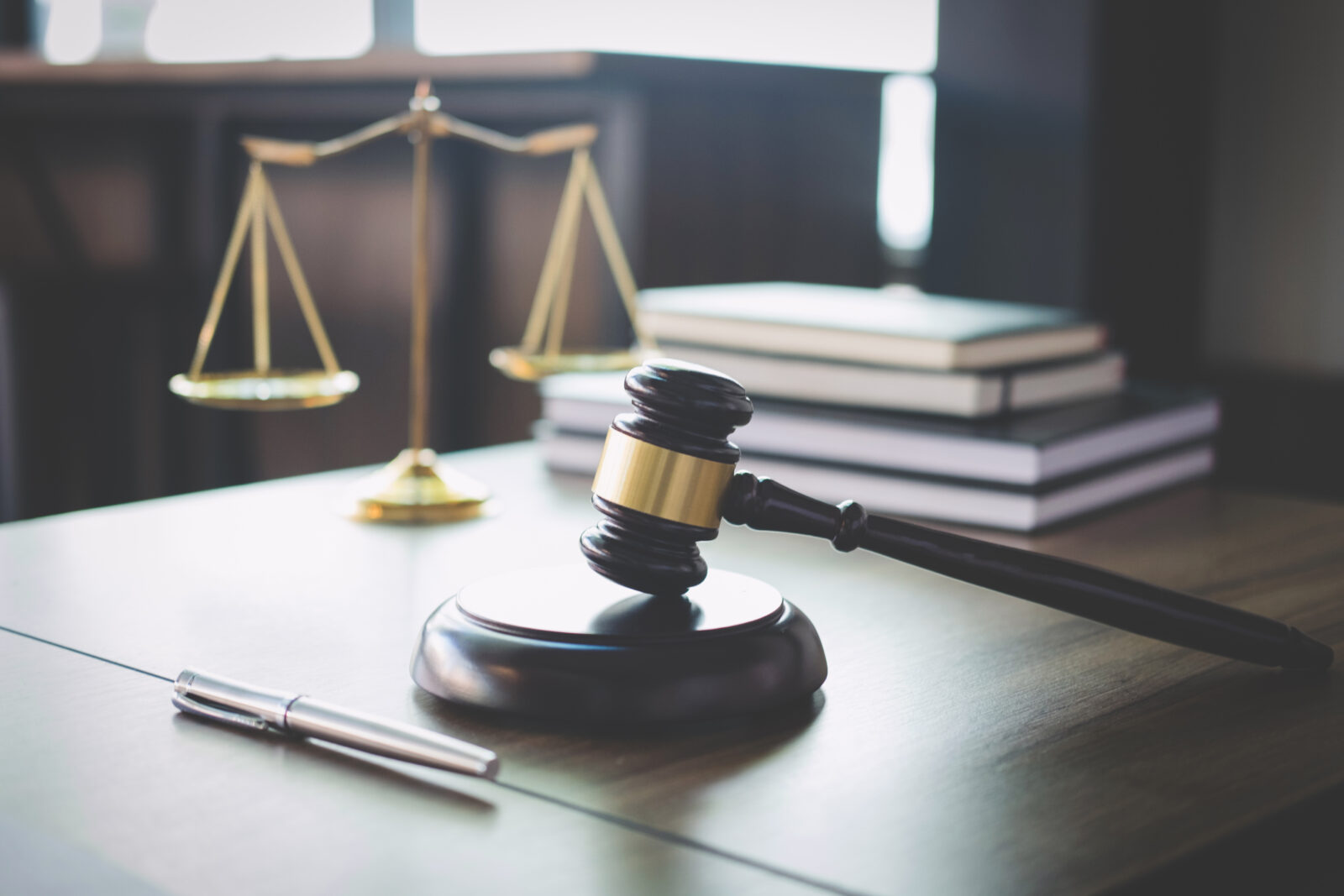Nevada US Attorney Sigal Chattah Disqualified: Federal Judge Rules Appointment Unlawful
Nevada US Attorney Sigal Chattah Disqualified: Federal Judge Rules Appointment Unlawful

A federal judge has delivered a significant blow to the Trump administration's judicial appointments, ruling that Nevada's acting U.S. Attorney Sigal Chattah is serving unlawfully in her position. The Tuesday ruling by U.S. District Judge David G. Campbell marks the second instance where a Trump-appointed prosecutor has been deemed to be serving illegally, raising serious questions about the administration's appointment strategies.
Understanding the Federal Appointment Process
The controversy surrounding Chattah's appointment stems from complex federal regulations governing how U.S. attorneys are selected and confirmed. Under normal circumstances, U.S. attorneys must be confirmed by the Senate, or in certain cases, appointed by federal judges when vacancies occur. The Federal Vacancies Reform Act specifically limits temporary appointments to 120 days, after which proper procedures must be followed.

Chattah was initially appointed as interim U.S. attorney for Nevada in March 2025, a position that legally expires after 120 days. However, in July, just before this deadline, the Justice Department attempted to circumvent the limitation by shifting her to the role of acting U.S. attorney—a maneuver that Judge Campbell found to be legally problematic.
The Court's Decisive Ruling
Judge Campbell's 32-page ruling was unambiguous in its criticism of the Justice Department's actions. "The Court cannot accept the government's assertion that the Attorney General has power to designate anyone she chooses as first assistant and have that person become the acting U.S. Attorney," Campbell wrote. The judge emphasized that the Federal Vacancies Reform Act was specifically enacted to prevent such executive actions.
The ruling affects four criminal cases that Chattah had been overseeing. While Campbell declined to dismiss the indictments entirely, he barred Chattah from supervising these cases and ordered prosecutors to confirm within seven days that they are no longer under her direction.
Implications for Criminal Prosecutions
The disqualification creates immediate practical challenges for ongoing federal prosecutions in Nevada. Government attorneys working on the affected cases must now confirm they are operating independently of Chattah's supervision. This requirement ensures that the prosecutions can continue legitimately while addressing the constitutional concerns raised by her unlawful appointment.

Pattern of Problematic Appointments
Chattah's disqualification is not an isolated incident. The ruling comes weeks after another federal judge determined that Alina Habba, Trump's former personal attorney, was serving illegally as acting U.S. attorney for New Jersey. This pattern suggests systematic issues with the Trump administration's approach to federal prosecutor appointments.
Critics argue that the administration has deliberately sought to sidestep traditional confirmation processes, installing prosecutors in temporary roles to avoid Senate scrutiny. This strategy appears to be failing as federal judges increasingly scrutinize the legality of these appointments.
Background on Sigal Chattah
Sigal Chattah brings a controversial background to her role as Nevada's top federal prosecutor. She previously served as the Republican nominee for Nevada attorney general in 2022 and held the position of Nevada chair for the Republican National Committee. Her appointment was already contentious, with more than 100 retired federal and state judges writing to object to her installation due to her history of "racially charged, violence-tinged, and inflammatory public statements."
The judges' concerns proved prescient, as Trump never nominated Chattah for permanent confirmation, suggesting even the administration recognized potential Senate confirmation challenges.
Legal and Constitutional Implications
The Nevada ruling highlights broader constitutional principles regarding the separation of powers and the proper appointment of federal officials. The Federal Vacancies Reform Act serves as a crucial check on executive power, preventing administrations from indefinitely installing unconfirmed officials in key positions.

Judge Campbell's ruling reinforces that even acting appointments must follow established legal procedures. The decision sends a clear message that federal courts will not tolerate attempts to circumvent constitutional appointment processes, regardless of political considerations.
What Happens Next?
With Chattah disqualified from overseeing criminal cases, the Justice Department faces several options. They could nominate a candidate for Senate confirmation, seek judicial appointment of an interim prosecutor, or potentially appeal Campbell's ruling. However, the strength of the legal reasoning suggests an appeal would face significant challenges.
The affected criminal cases will continue under different supervision, ensuring that justice proceedings are not derailed by the appointment controversy. This outcome demonstrates the resilience of the federal judicial system in maintaining proper legal procedures even amid political turbulence.
Frequently Asked Questions
What does it mean for a U.S. Attorney to be disqualified?
Disqualification means the prosecutor can no longer oversee or supervise criminal cases due to legal issues with their appointment. The cases continue under different supervision.
How long can someone serve as acting U.S. Attorney?
Under the Federal Vacancies Reform Act, acting appointments are typically limited to 120 days, after which proper confirmation procedures must be followed.
Will the criminal cases be dismissed?
No, Judge Campbell specifically declined to dismiss the indictments. The cases will continue under proper legal supervision.
Has this happened before with Trump appointees?
Yes, Alina Habba faced a similar ruling in New Jersey, suggesting a pattern of problematic appointments by the Trump administration.
The Broader Impact on Federal Law Enforcement
This ruling extends beyond Nevada, potentially affecting how the Trump administration approaches prosecutor appointments nationwide. Federal courts appear increasingly willing to scrutinize the legality of acting appointments, forcing greater adherence to constitutional procedures.
The decision reinforces the importance of Senate confirmation processes and judicial oversight in maintaining the integrity of federal law enforcement. It demonstrates that political expedience cannot override established legal procedures, even in high-stakes criminal prosecutions.
Share this important legal development: Help others understand this significant federal court ruling by sharing this article on social media or with colleagues interested in legal and political developments.